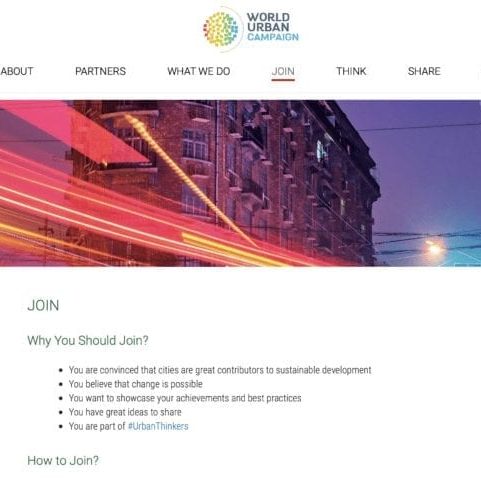Client: Standards Council of Canada
Listing of the client in no way affirms the client's support, sponsorship, or validation in any form of Risk Sciences International or the RSI staff member(s) who conducted this project during their stay with RSI or prior to joining the company. This case study is displayed for informative purposes only to demonstrate the capacity of RSI staff members. This case study reveals no proprietary information or information deemed sensitive.
Risk Prioritization Framework and Digital Engagement Platform
To support its Standards to Support Resilient Infrastructure Program, the Standards Council of Canada (SCC) launched a national consultation campaign to identify and prioritize climate-related standardization needs. SCC required a flexible risk prioritization framework to evaluate the relative urgency and impact of various standardization topics related to climate change adaptation and mitigation, especially in the infrastructure sector.
The project involved developing a methodology for ranking standardization needs across thematic areas such as health and safety, economic impact, environmental risk, and geographic relevance. The goal was to equip SCC with a structured tool to inform decision-making over a 5- to 20-year planning horizon.
In parallel, a bilingual, accessible digital engagement platform was created to support the collection and analysis of stakeholder input. The platform was designed to accommodate complex surveys and a high volume of participation, enabling SCC to gather meaningful feedback from professionals involved in infrastructure design, maintenance, and policy.
A literature review and preliminary survey analysis were conducted to identify existing standards and gaps, with the findings organized into thematic areas of need. These results fed into a final report and inventory list summarizing the most pressing standardization priorities as identified through the national consultation process. This work played a critical role in shaping SCC’s strategic planning for future standards development.
Experts related to this case study
More RSI Case Studies
RSI presents a very small selection of case studies to highlight some of its key work.



















